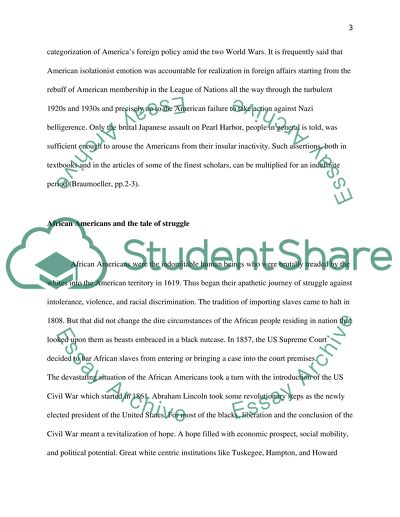Cite this document
(“Analyze a major social, economic, military, and technological issue Essay”, n.d.)
Analyze a major social, economic, military, and technological issue Essay. Retrieved from https://studentshare.org/history/1431258-analyze-a-major-social-economic-military-and
Analyze a major social, economic, military, and technological issue Essay. Retrieved from https://studentshare.org/history/1431258-analyze-a-major-social-economic-military-and
(Analyze a Major Social, Economic, Military, and Technological Issue Essay)
Analyze a Major Social, Economic, Military, and Technological Issue Essay. https://studentshare.org/history/1431258-analyze-a-major-social-economic-military-and.
Analyze a Major Social, Economic, Military, and Technological Issue Essay. https://studentshare.org/history/1431258-analyze-a-major-social-economic-military-and.
“Analyze a Major Social, Economic, Military, and Technological Issue Essay”, n.d. https://studentshare.org/history/1431258-analyze-a-major-social-economic-military-and.


